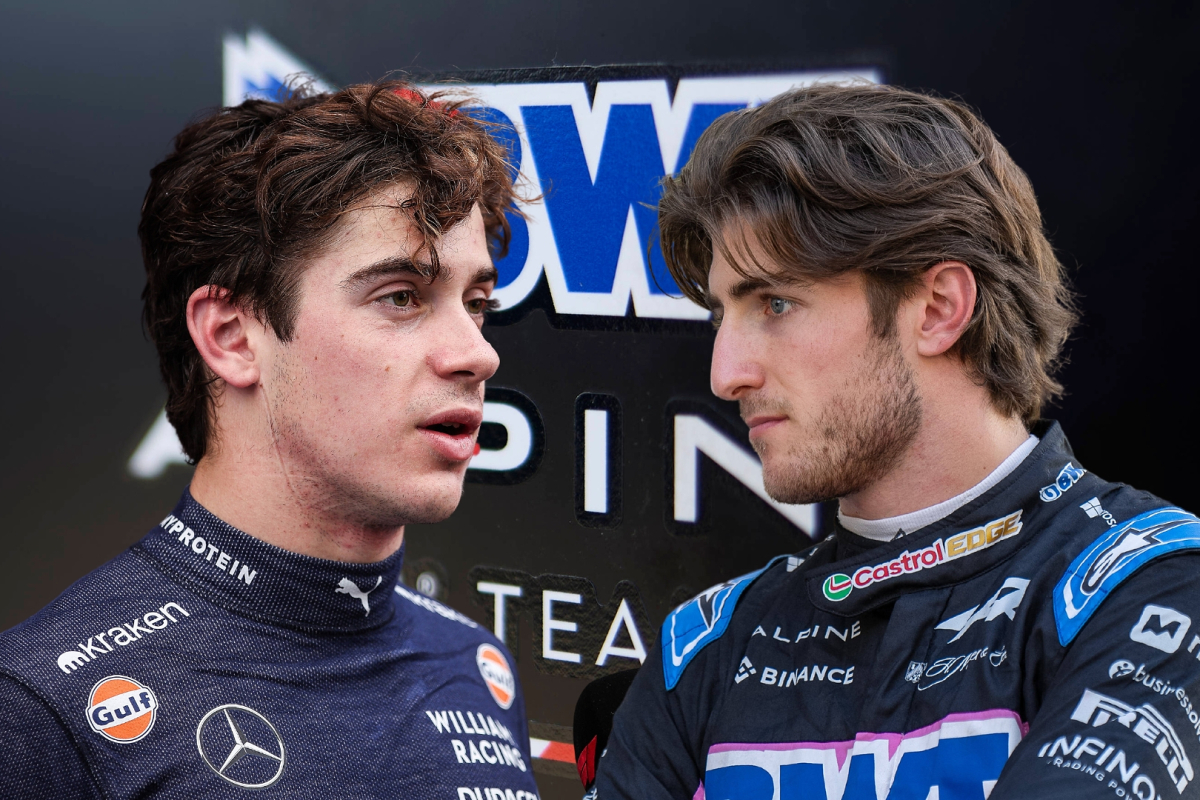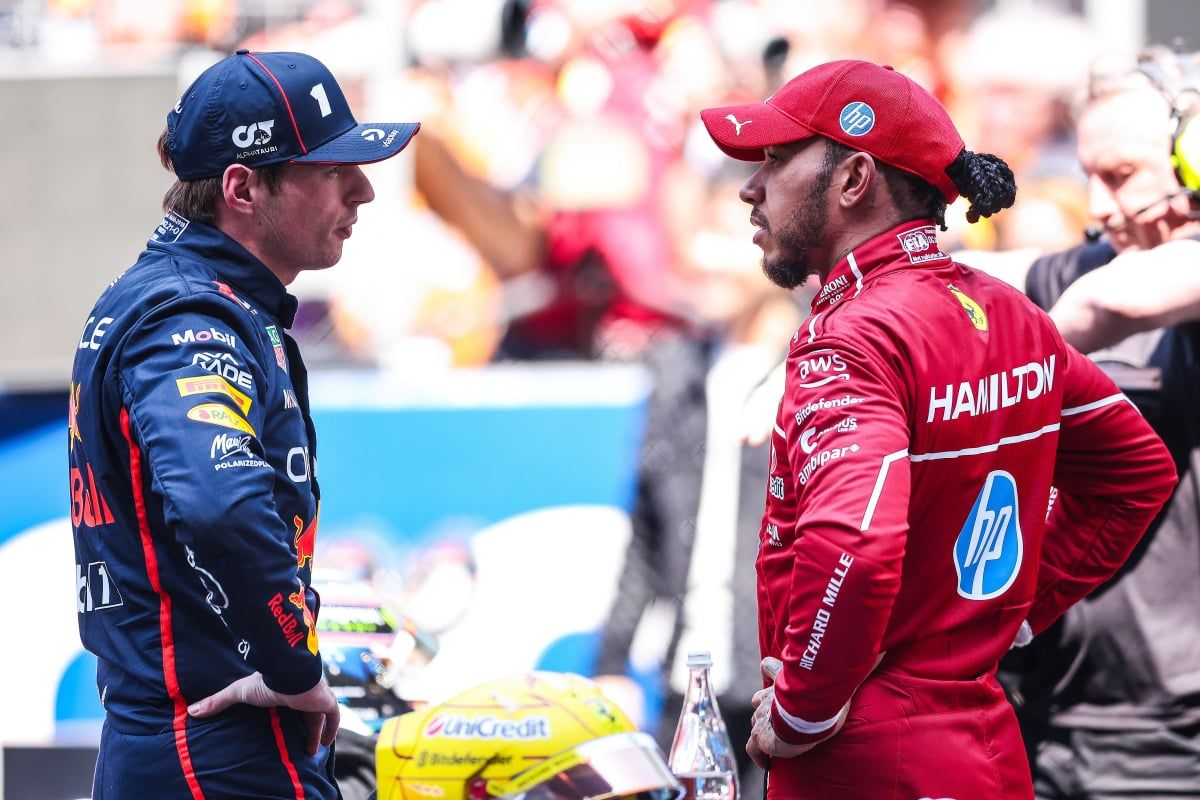Jack Doohan Slams FAKE Colapinto News A…read more
Formula 1 driver Jack Doohan has fiercely condemned the spread of false information online that led to widespread abuse targeting his family during the Emilia-Romagna Grand Prix weekend. The Australian, who had been replaced by Franco Colapinto at Alpine after six races in the 2025 season, was forced to step in and defend his family after a parody account posted fake content that spiraled out of control.
Colapinto, the young Argentine making his F1 debut at Imola, had a rough weekend. He crashed during qualifying and finished a disappointing 16th in the race on Sunday. In the aftermath, a parody Instagram account known as “formulafakers” posted an edited image showing Colapinto’s damaged car in the gravel. The post falsely attributed the image to Jack’s father, Mick Doohan, and included mocking emojis alongside the sarcastic caption: “Very impressive.” The implication was that Mick was ridiculing Colapinto’s performance — a post meant as satire but interpreted by many as real.
The fake post quickly circulated on social media, igniting outrage from Colapinto fans. Believing the post to be genuine, supporters of the Argentine driver unleashed a wave of online abuse directed at the Doohan family. The intensity of the backlash prompted Jack Doohan to publicly address the situation in an emotional Instagram post, firmly denying the authenticity of the image and pleading for the harassment to stop.
“As you can clearly see, the story circulating above is completely false,” Doohan wrote. “It was fabricated by Argentine fans trying to portray me and my family in a negative light. They edited the original content to make it appear as though my father posted it, which is entirely untrue. Please stop harassing my family. I didn’t think I would have to get to this point.”
Doohan later clarified that while the fake image may not have originated from Argentina, multiple Argentine media outlets had picked it up and falsely reported it as authentic. This added to the confusion and further fueled the online attacks against his family.
Eventually, the creators of the fake post, formulafakers, issued a public apology. In a statement, they acknowledged the harm caused and admitted they had not anticipated the negative consequences of what was intended as parody.
“The Doohan family does not deserve to be attacked in the way they evidently were for our fake news post,” the statement read. “We did not expect this post to cause any damage. We deeply, sincerely apologise to the Doohan family.”
The parody account also addressed the unintended reach of the post. “This has been a wake-up call on the real, tangible effects of social media. Our original post had been left up in an effort for it to be attached to our clarification that our account posts fake news. Luckily, news outlets had taken down their posts, but unfortunately, it had already reached the general public and the damage was done.”
They concluded by reiterating that it was never their intention to direct hate toward any driver. “We are sorry. It was never, ever our intention to draw hate towards any driver, and we should have made it more transparent that we are a parody account.”
This incident wasn’t the only negative event during the weekend at Imola. FIA President Mohamed Ben Sulayem also released a statement condemning online abuse directed at drivers. His comments followed another altercation involving Colapinto during practice, this time with Red Bull’s Yuki Tsunoda. The incident further highlighted the growing issue of toxic behavior among some fans and the damaging role social media can play in fueling misinformation and personal attacks.
Jack Doohan’s response has drawn praise from many within the F1 community for its maturity and clarity. It also served as a sobering reminder of how misinformation, even when intended as satire, can escalate quickly and cause real harm. The event underscores the need for accountability on social media platforms and for fans to think critically before reacting to online content. As Formula 1 continues to expand its global fanbase, the sport faces the growing challenge of balancing freedom of expression with the responsibility to protect its athletes from digital harm.




